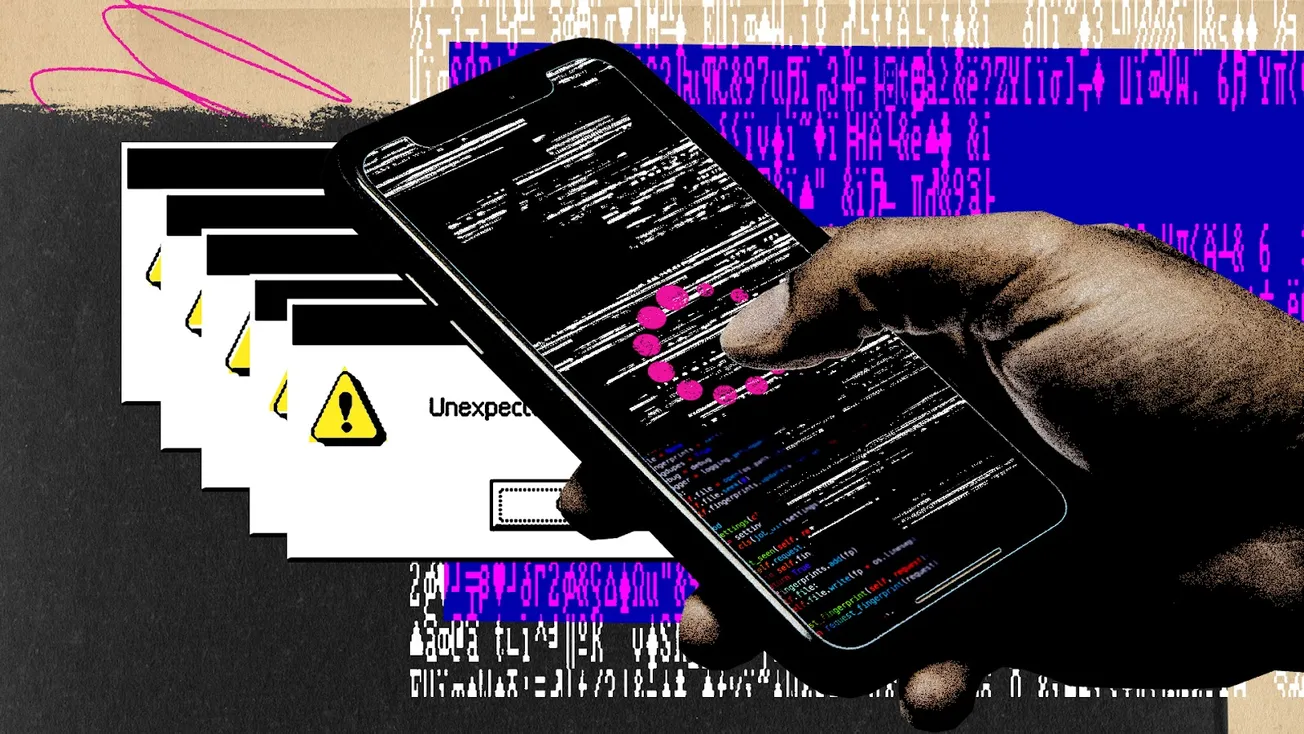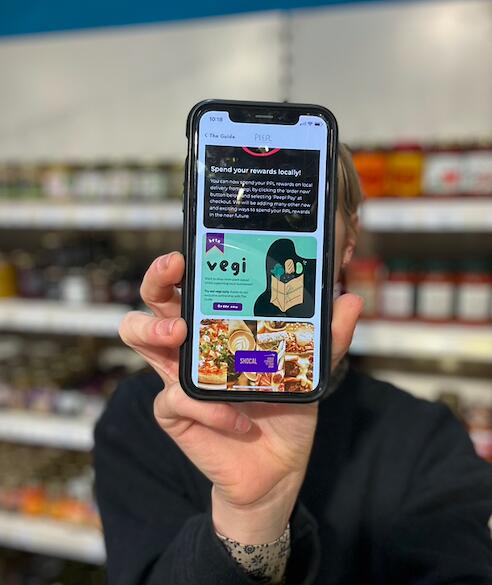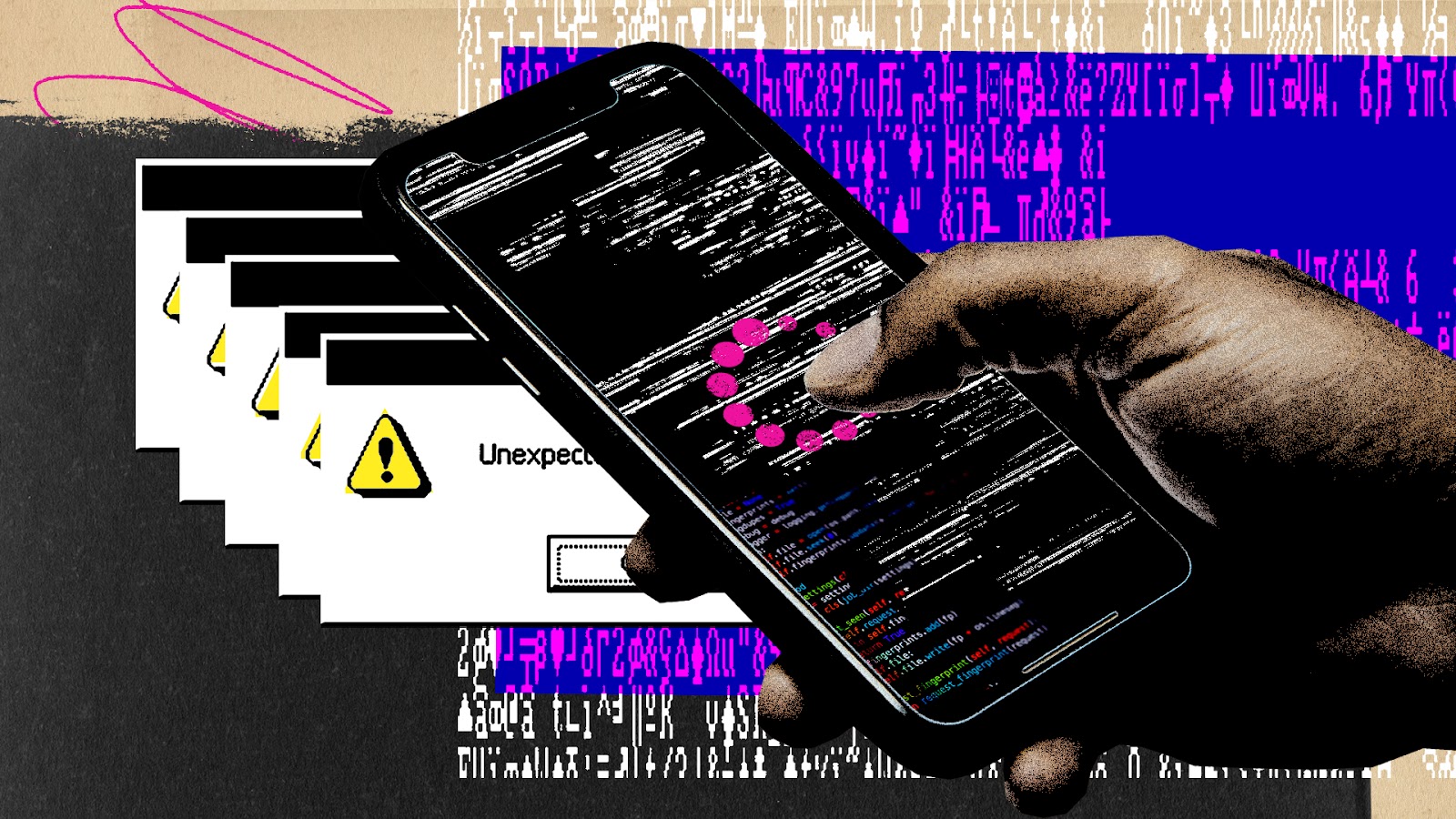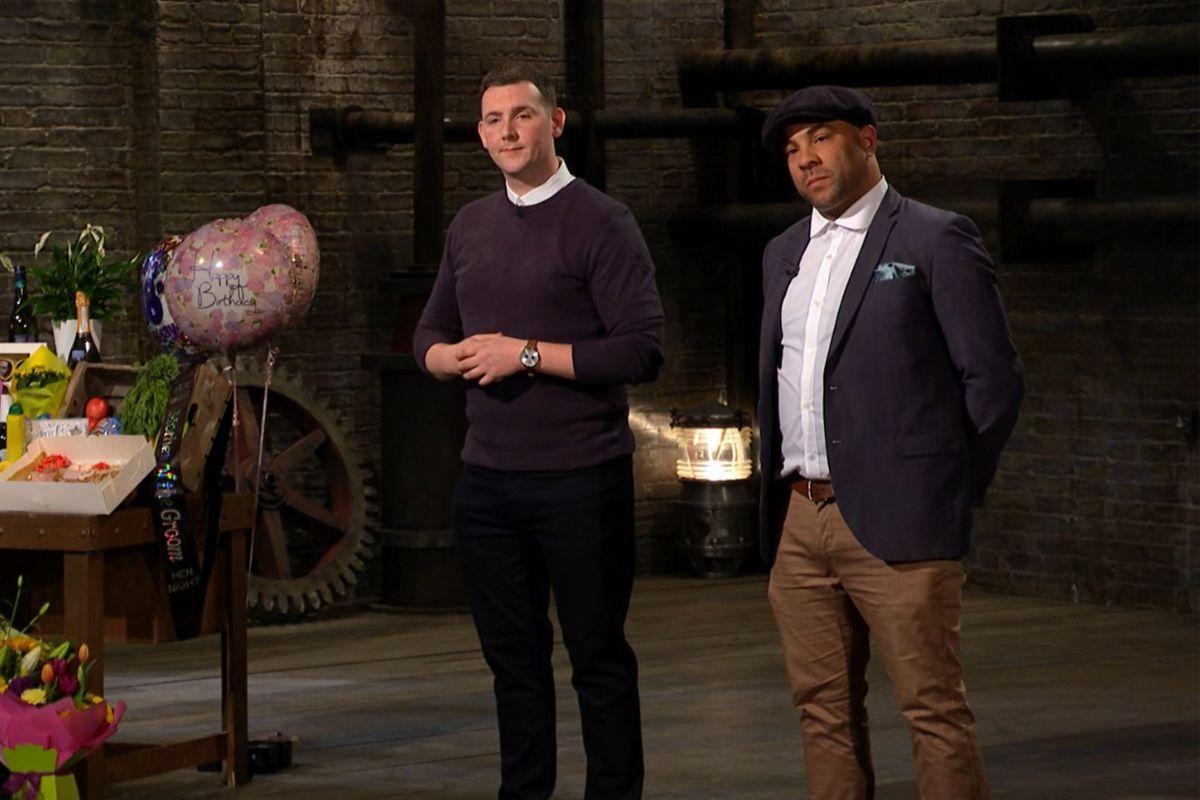A Liverpool startup was meant to revolutionise food delivery. What went wrong?

The metro mayor invested £700,000 of public money into an app that made just 58 orders
Dear readers — when Verity Hall started working at the tech startup Peepl in 2021, she was thrilled to be part of a team as passionate about Liverpool as she was. “There was a lot of hope there,” she says. “It was nice to be a part of a group of people trying to come together and create something positive”.
After all, Peepl did have an incredibly exciting and ambitious mission. Co-founded by entrepreneur Leon Rossiter in 2018, Peepl set out to keep money in Liverpool’s economy by disrupting the world of food delivery. Their plan was to create an app to rival the big delivery firms, offering a rewards scheme that would allow customers to claim money off future purchases. Peepl wouldn’t charge the hefty commission fees of UberEats or Deliveroo (which can stretch up to 30%) — instead they would take a much smaller fee (5-10%) to allow local businesses to keep their profits.
For Hall, this plan to support homegrown businesses seemed like a great idea. She’d already been working behind the scenes to create her own app, Vegi, to promote sustainability and veganism online — so working for a company with community values at its heart seemed like a good fit for her.

And she wasn’t the only one optimistic about Peepl. In 2021, metro mayor Steve Rotheram announced a £700,000 investment in the company. That money, he said at the time, would inject “a lot more fairness” into the food delivery industry, which often sees restaurants overcharged and delivery workers exploited.
“In the Liverpool City Region, we aren’t the sort to simply follow the crowd,” he declared. “We like to be disrupters; to chart our own course and take great pride in our local businesses and community solidarity.”
But two years on, things have nosedived. Peepl’s website is no longer active, and its CEO, Leon Rossiter, has told The Post that he is in the process of filing for insolvency. So how did a company with so much promise — and so much public money — end up here?
In today’s story we unpick what went wrong with what should have been an exciting new venture, and explain how a big investment from Liverpool City Region came to nothing. But first, your Post briefing — including a girls’ school taking home gold and outrage over vandalism in the Baltic Triangle.
Your Post Briefing
Councillors from across Liverpool have taken to Twitter/X to express their outrage after the Ukrainian peace garden in the Baltic Triangle was destroyed. The garden — which was unveiled as part of Eurovision — was set on fire during Bonfire Night, with videos now circulating on social media showing a group of vandals throwing pots and signs into the flames. "Awful to see the wanton destruction that has happened to the garden; it had so much work and love put into it by local children,” tweeted councillor Hetty Wood.
The cost of housing homeless people in Liverpool is set to rise to over £19 million, a new report has revealed. The council said the overspend is due to the increasing number of people being evicted for rent arrears, with an extra £3 million needed to pay for temporary accommodation and bed and breakfasts in the next year. Plans are now being drawn up to refurbish empty council housing stock to provide additional accommodation, as well utilising the private rented sector to house the homeless.
Merchant Taylors’ Girls’ School took home gold this week after winning the European Choir Games. The tournament — which is held in Sweden — saw more than 60 choirs from 25 countries take part, with the event even billed the "Olympic games of choral music". The girls from Merchant Taylors also won a silver medal in the European Champions Competition, with their head teacher Bridget Ward praising the "fantastic achievement".
What happened to Liverpool City Region’s £700k investment in a food delivery startup?
The plan to create a custom-built app was always an ambitious one, Leon Rossiter tells me. He’s agreed to explain exactly what happened with his tech company Peepl, and is keen to set the record straight.
He tells me that during the pandemic, delivery apps like Deliveroo and Just Eat were earning a lot of money via commission fees — taking up to a 30% cut per order. Rossiter’s idea to create a network of apps was born out of this, offering an alternative delivery service to local restaurants without the big commission fees.
“It was all about supporting independent businesses,” he says, explaining that Peepl would take a 5-10% cut instead to allow local restaurants to keep their profits. “Who would you support in a lockdown? Are you going to promote delivery at 30% on UberEats or are you going to promote Peepl? That was really the model.”
A rewards system, titled Peepl tokens, was also part of his vision. It would allow customers to earn points that they could redeem on their next order, encouraging them to spend locally and keep money circulating in Liverpool’s economy. This token system was made possible by Fuse: a blockchain software that works similarly to a PayPal wallet — holding money in one purse that can be used across multiple apps and websites.
The big plan, Rossiter says, was to create a whole network of Peepl apps — expanding from food delivery into ticket sales and rental payments. Tokens could be traded across all of these apps, allowing people to use tokens accrued through food delivery to get a discount on concert tickets, sports matches — or even their rent.

Peepl’s initial proposal for their first food delivery app was made in 2021, and £700,000 of funding was quickly secured from the Liverpool City Region. £500,000 of that money would go towards funding the company’s operations — supporting staffing costs as well as app development. The other £200,000 was an incentive for local businesses to sign up; they could use that money for marketing offers — like ‘£10 off your next order’ deals — to encourage customers to shop with them.
The project seemed like a well oiled machine. Around a dozen employees – including Vegi founder Verity Hall — were hired to make the Peepl dream a reality. A handful of developers were brought on board to build the app, and local restaurants awaited launch day.
Late delivery
It wasn’t long before things started to crumble. “It got to about December [2021], and it became apparent to me that the [app] wasn’t materialising,” Hall tells me over a coffee. She says that building an app was, of course, a lot of work, and there were not enough developers to create it as quickly as they wanted. On top of this, Peepl were trying to compete with delivery giants, so their app had to be very good if it was going to stand a chance in the market. “It’s not just like any other tech product where you can put something basic together and get it out there,” she says. “We were competing for the concept, we were competing against UberEats.”
Peepl had to pivot, and fast. They scrapped the idea of building their own app; costs were spiralling and the project was far too difficult to pull off with the resources they had. Instead, they began looking for a pre-existing delivery company to partner with — hoping to implement their Peepl tokens rewards system elsewhere to keep money in Liverpool’s economy.
Shocal — an independent shopping platform from Manchester — was selected as a perfect fit. They had been extremely successful in their delivery model further up the M62 (they had even appeared on Dragon’s Den) so why not bring them to Liverpool? A deal was struck, and Peepl’s developers started working to put Peepl tokens on Shocal’s website.

Yet once again, things didn’t seem to pan out. “We were already planning on coming to Liverpool, and [Peepl] actually slowed us down,” Shocal’s CEO Ashley Washington tells me. He explains that while Peepl had good intentions, they struggled to make their tokens work on Shocal’s website. When they did finally manage to get it all up and running, it didn’t yield the success both companies hoped.
“It kind of fizzled out I suppose,” Tom Ford tells me — he’s the restaurant manager at Delifonseca on Brunswick Way, one of the businesses that signed up to Shocal’s delivery service. He says that Delifonseca always had a “great relationship” with Rossiter, and they were on board with Peepl’s plan to keep money in Liverpool’s economy.
Liverpool deserves great journalism. You can help make it happen.
You're halfway there, the rest of the story is behind this paywall. Join the Dispatch for full access to local news that matters, just £7/month.
SubscribeAlready have an account? Sign In

Latest
Michael Heseltine 'saved' Liverpool. Didn't he?
Cheers to 2025
Searching for enlightenment in Skelmersdale
I’m calling a truce. It’s time to stop the flouncing
A Liverpool startup was meant to revolutionise food delivery. What went wrong?
The metro mayor invested £700,000 of public money into an app that made just 58 orders